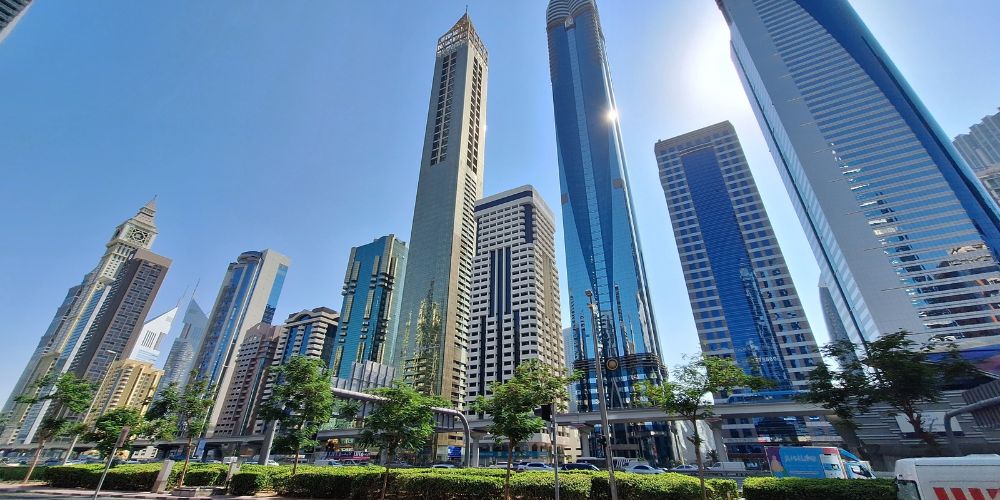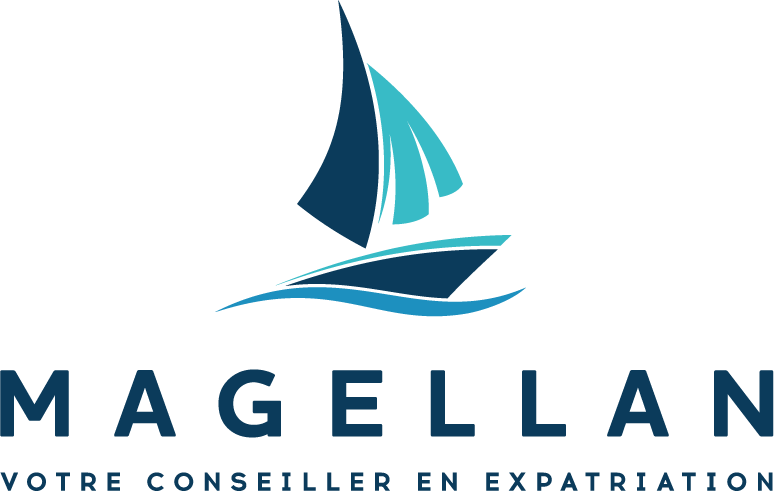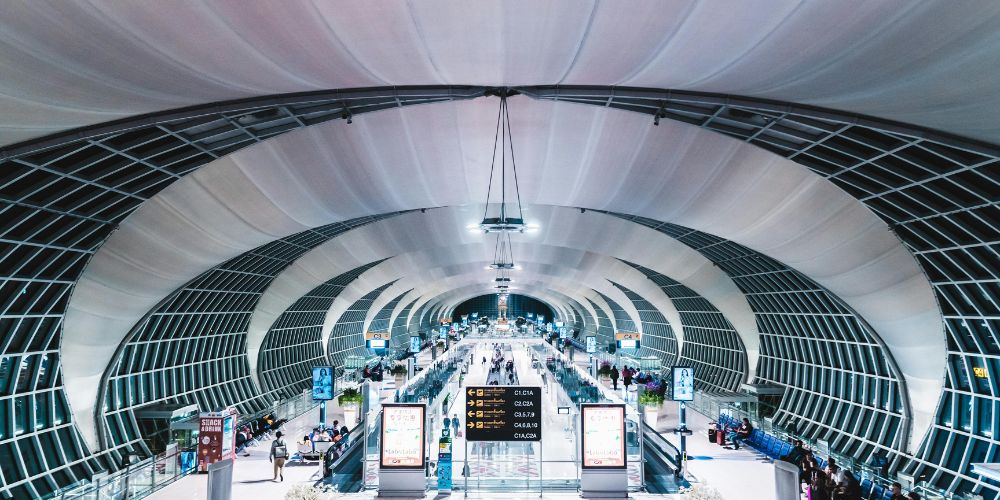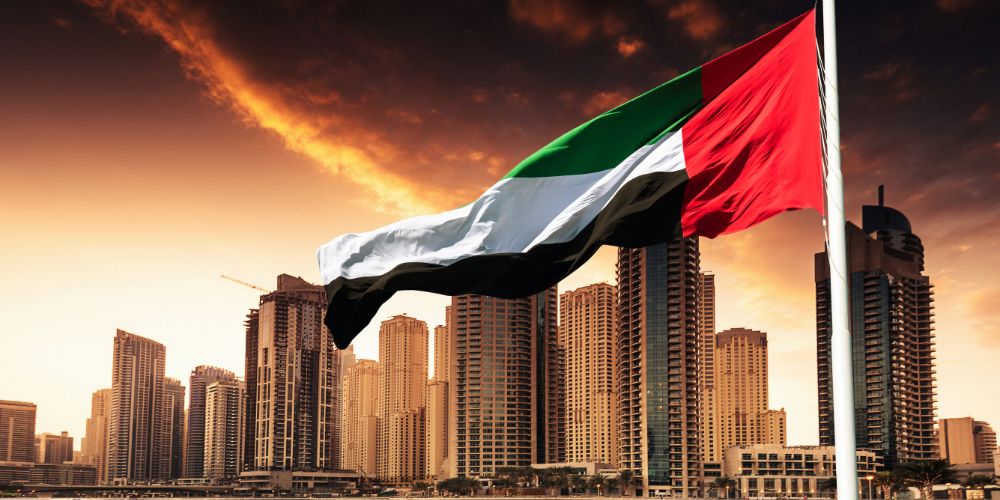
How to choose between the Mainland and the Free Zone for a crypto company in Dubai
Dubai has firmly positioned itself as a global hub for virtual asset businesses. Oversight is provided by the Virtual Assets Regulatory Authority (VARA), created in 2022 to regulate all crypto-related activities in the emirate, except those within the Dubai International Financial Centre (DIFC). To operate legally, companies must obtain a VASP (Virtual Asset Service Provider) license from VARA. However, before establishing a presence, every business faces a critical choice: should it set up on the Mainland (Dubai’s central jurisdiction) or within a Free Zone?
While this choice does not affect VARA’s regulatory requirements, it has major implications for market access, taxation, and operational structure.
Mainland and Free Zone: What they mean for investors
- Mainland: A company registered with the Dubai Department of Economy and Tourism (DET), free to operate across the entire UAE territory.
- Free Zone (FZ): A company incorporated within a designated free zone (such as DMCC or DWTC). These offer tax and administrative advantages, but direct business on the Mainland is restricted.
The compliance imperative: VARA uniformity
VARA regulates eight categories of crypto activities:
- Advisory services
- Brokerage and trading
- Custody services
- Exchanges
- Lending and borrowing
- Token issuance
- Portfolio and investment management
- Transfer and settlement services
Each activity category carries its own capital requirements, licensing fees, and compliance obligations. For example, an advisory firm may be required to maintain AED 100,000 in capital, while a fully operational exchange could face requirements of AED 500,000 or more, in addition to enhanced cybersecurity audits. Certain activities, such as those involving privacy coins, are strictly prohibited.
Local substance requirements
Regardless of jurisdiction, VARA demands a real presence in Dubai:
- Physical office: A genuine, enclosed space in Dubai (no virtual offices or P.O. boxes).
- Share capital: Deposited into a local bank account, with the amount depending on the activity.
- Key personnel: At least two “Responsible Individuals” who are residents and full-time employees (e.g., CEO, Compliance Officer/MLRO).
Mainland vs. Free Zone: A direct comparison
| Criteria | Mainland | Free Zone |
| Registration authority | DET (Dubai Mainland) | Relevant Free Zone authority (DMCC, DWTC, etc.) |
| Local market access | Unlimited across the UAE | Restricted to the Free Zone and international and local operations often need an agent or NOC |
| Taxation | 9% on profits above AED 375,000 | 0% if QFZP status with qualified income; otherwise 9% on non-qualified income |
| Visas | Linked to office size, moderate flexibility | Initial cap on visas (often 1–6) |
| Ecosystem | No dedicated crypto cluster | Existing crypto clusters, better networking and specialized talent |
| Setup & costs | DET license + VARA license, office, capital requirements | Free Zone license + VARA license, incorporation & renewal fees, mandatory office space |
QFZP (Qualifying Free Zone Person) status allows a 0% tax rate on qualifying income (from other Free Zones or abroad). However, Mainland-sourced revenue must stay below the de minimis threshold (5% of total or AED 5 million). Breaching this threshold triggers a 9% tax on all income and loss of QFZP status.
The VARA licensing process
The path is identical for Mainland and Free Zone companies and unfolds in two main stages:
Approval to Incorporate (ATI)
- Submission of the Initial Disclosure Questionnaire (IDQ), including business plan, shareholders, directors, and financial projections.
- Initial payment (about 50% of VARA licensing fees).
- ATI approval allows for legal incorporation, opening a local bank account, and securing office space.
Full Market Product (FMP) / Operational License
- Submission of the complete application, including proof of capital, lease agreement, and four mandatory rulebooks: Governance, Compliance & Risk Management, Technology & Information, and Market Conduct.
- VARA due diligence, including interviews and system verification.
- Final payment of fees, followed by the issuance of the operational license (sometimes with conditional requirements).
Timeline: Typically 6-12 months, depending on the quality of documentation and complexity of the business model.
The choice depends on your objectives
At the core, the decision between Mainland and Free Zone boils down to two strategic questions:
| Primary objective | Recommended choice | Strategic reasoning |
| Full UAE market access and strong local growth | Mainland | Unlimited market reach, easier visa expansion, and straightforward integration into the national economy. The trade-off: a 9% corporate tax. |
| International focus with tax optimization (0%) | Free Zone | Significant tax benefits on foreign-sourced income. However, requires careful management to maintain QFZP status and limit Mainland exposure. |
Additional considerations include budget, available capital, team size, location, and reputation within the cryptocurrency ecosystem.
Takeaway
Whichever path you choose, VARA compliance is the entry ticket. The process demands substantial financial investment and thorough preparation, often spanning several months.
Whether your goal is broad local growth through the Mainland or international tax efficiency via a Free Zone, having the right expertise is critical to manage the legal, administrative, and fiscal requirements effectively and to speed up your launch in the market.
Source:
Setting Up A Virtual Asset Business In Dubai: Mainland vs. Free Zone Under VARA







Leave a Reply